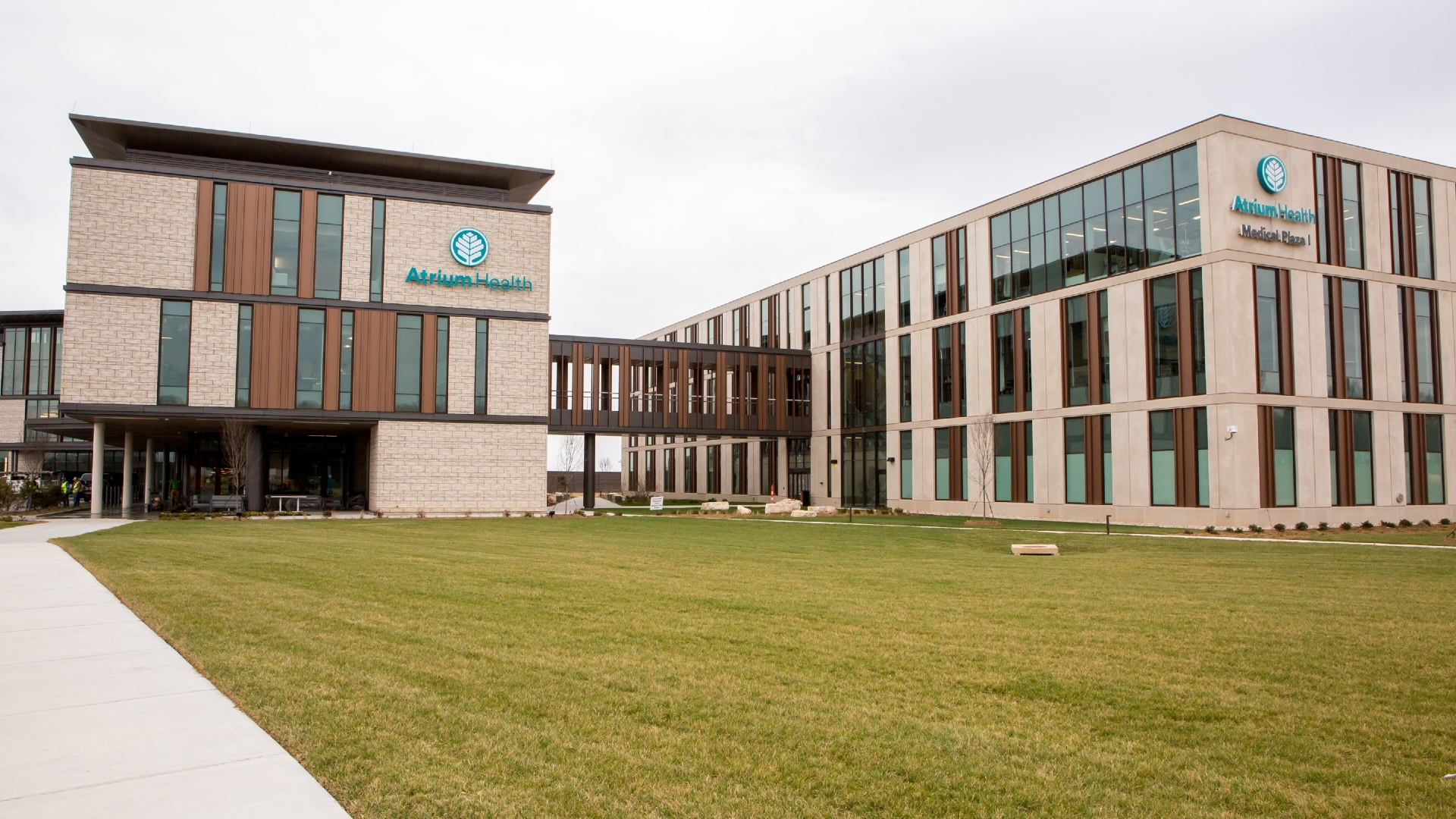Anyone who’s active on social media, would have come across memes at some point. A meme is usually a picture with some cleverly picked words. It’s a very relatable, quite comedic piece, yet also a simple piece of media.
Memes may take the form of a video, GIF, piece of text, or audio that’s designed for easy understanding, immediate consumption, and rapid sharing through social media.
Many of the artwork of the backdrops used in memes are well-known pictures or images that allude to something famous and familiar to most users.
At first glance, memes look simple, yet they’re so cleverly and artistically done that most of them quickly become a viral hit! But as innocent as they first seem to be, memes can be a dangerous vehicle of misinformation – and that’s something that many memes have managed to achieve.
Advantages of Social Media
The advent of social media has greatly helped us, allowing us to communicate with one another despite the distances between us.
We love to communicate, talk, hang out with other people, show off what we have, and share aspects of our lives. Stuff like that make social media so popular.
As more and more people join social media, with various intents, these platforms have evolved significantly to accommodate our needs.
You must have noticed how the environment in social media has changed over recent years. There are so many things you can do on social media these days, including setting up live stream videos to sharing your games from ESPA or earning money by selling goods or even raising funds for your favorite cause or charity, just with a few clicks on the app.
Today, social media is no longer just about connecting with friends and family living in faraway places; it’s also become a place to earn money. But just like many other things, social media has become a place where dark things happen.
Memes as Fast Vehicles for Jokes to Go Viral
Even young children enjoy reading memes and having fun creating their own versions! After all, several meme generator apps let you create these usually hilarious images or short clips with just a few clicks.
And just as it’s so easy to create memes, funny images often spread like wildfire across social media. The fact that memes are usually made by anonymous uploaders also appeals to people.
There’s just something about memes that make people want to share them. Perhaps it’s because memes are so simple and relatable that it usually takes just a second for your brain to process the joke or satire – and another second for you to click the share button.
Disinformation from Memes
Indeed, social media communication has greatly evolved. Yet, that isn’t always for the better.
Even memes, simple-looking as they may be, can become a primary source of disinformation on social media. Because they’re so easy to share, memes can easily spread false information. This holds especially true for cleverly created memes with impressive visual content.
Take, for example, smear campaigns created by political parties or individuals to attract more voters. Some have gone viral, even helping the candidates to receive more votes than their opponents.
Memes can share false ideas or untrue allegations. But because they don’t mention the sources of the visual content, you can’t even go after the original photo uploader because you don’t know who they are.
In our DigitalAX, many people are hooked on the internet. Memes, originally supposed to be taken with a pinch of salt, make people think that the internet got it right. They laugh at the memes, even though some aren’t funny at all.
Some brands are also capitalizing on this mindset. It’s amazing how a few pictures or GIFs can manipulate a target audience.
Take, for example, the #DraftMyWife and #DraftOurDaughters that was used against Hillary Clinton. Although she had spoken about the bill and how she agreed with women being drafted for military service, the memes were actually a smear campaign that made it appear as if Clinton wanted to draft all women.
And who could ever forget the John McCain’s incident? After jokingly singing “Bomb bomb bomb, bomb bomb Iran” during his campaign in 2007. Meme-makers used the slogan to create something that arguably saw him lose the elections to Barack Obama.
Modern memes have changed the communication landscape. But, sadly, they’re also being used to spark social unrest under the guise of jokes.
There are even memes that mock COVID-19 vaccines, spreading misinformation about the content. Unfortunately, some people thought these allegations were true, leading to a percentage-point reduction in people’s inclination to receive the vaccine.
Memes have touched on a wide range of relatable topics such as political elections, cats and dogs, politicians’ gaffes, trending issues, and other funny topics that get audiences clicking on the social sites.
They’re slowly changing the fabric of society, but not always for the better. That’s why it’s a good idea for us to stay informed and learn how to discern between a valid meme joke and something nefarious.






